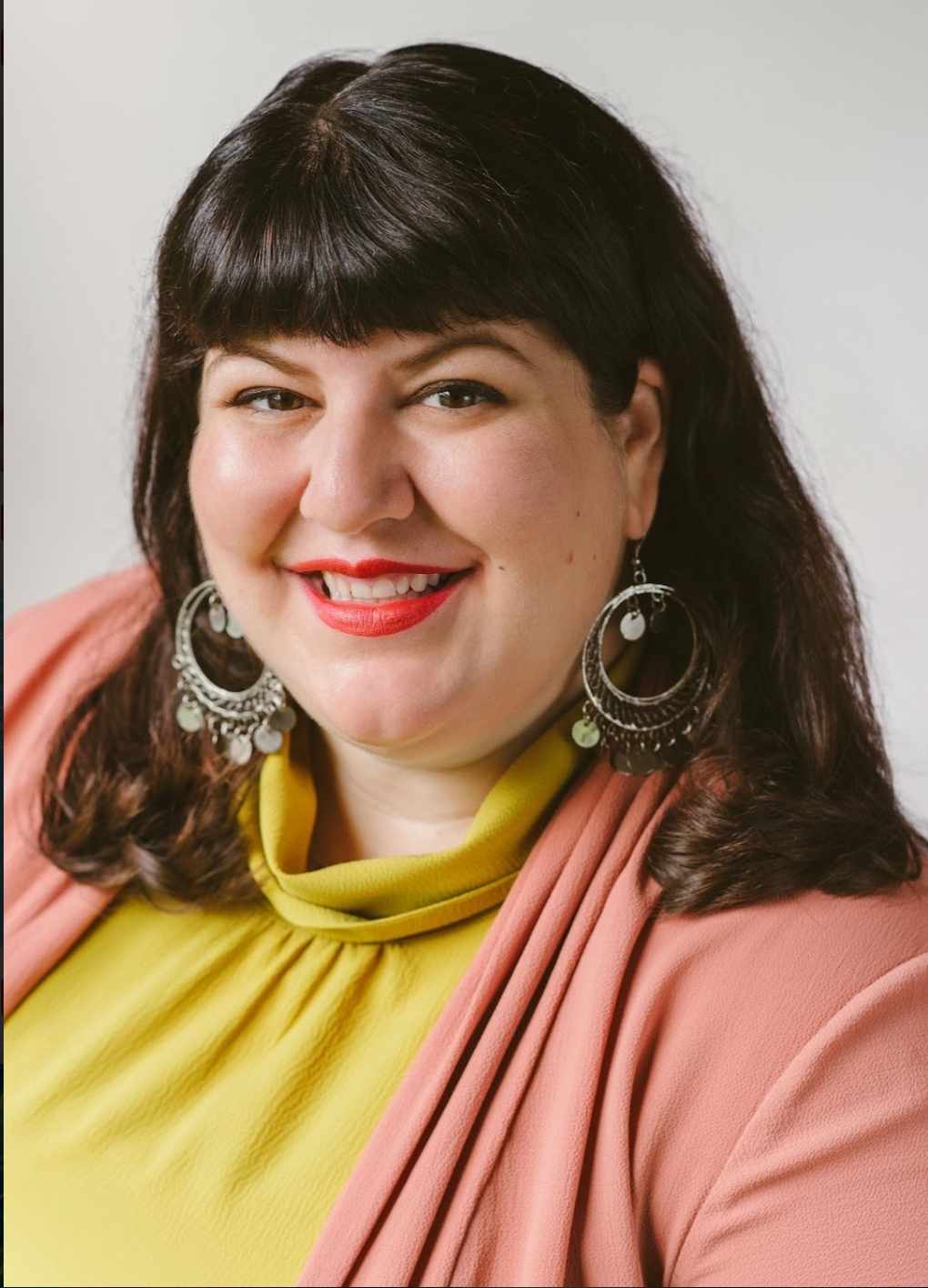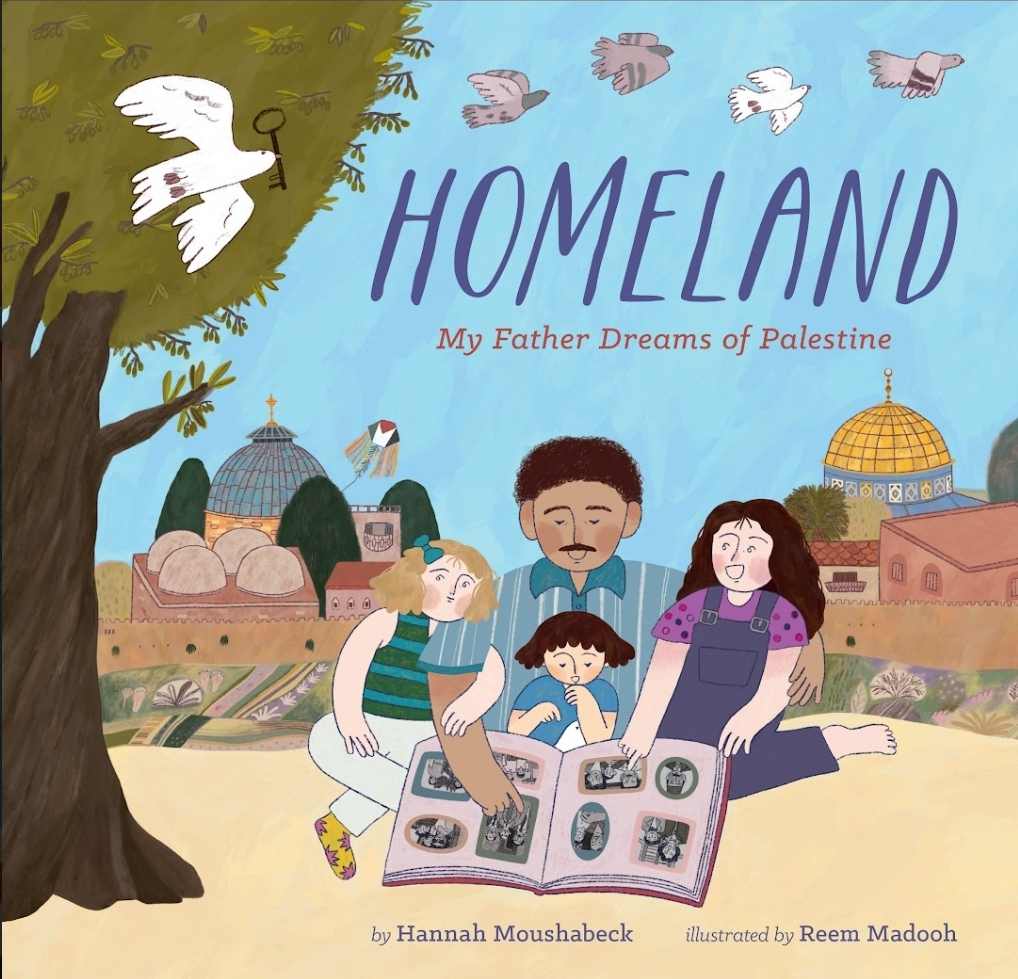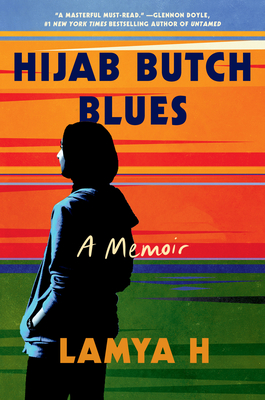

Hannah Moushabeck is a second-generation Palestinian American author, editor, and book marketer. She is the author of Homeland: My Father Dreams of Palestine, a children’s book about three girls who experience Palestine through bedtime stories. She lives in Amherst, Massachusetts on the homelands of the Pocumtuc and Nipmuc Nations.
Hannah talks about growing up in New York, Massachusetts, and the UK while her family ran an Arab independent publishing house. She discusses how representation in children’s books has and hasn’t changed since her childhood, with a clear uptick in queer stories but very few Palestinian stories.
Hannah recounts the variety of reactions Homeland has received. She’s had her book banned and has been rejected from school talks over “controversy,” but also witnessed joyful responses from child readers and heartbroken responses from adults.
We discuss the impossibility of “appropriate” pro-Palestinian protest in a system that doesn’t want it to exist, and how we’ve seen every action either trivialized as useless or demonized as extreme (BDS falling into both categories).
Hannah also tells us her queer pandemic love story and what it was like coming out as a full-fledged adult. She also discusses how she’s found intersections between the Fat Acceptance movement and anti-racism, recognizing that body hierarchies are built around European ideals, even though our colonized cultures internalized them.

